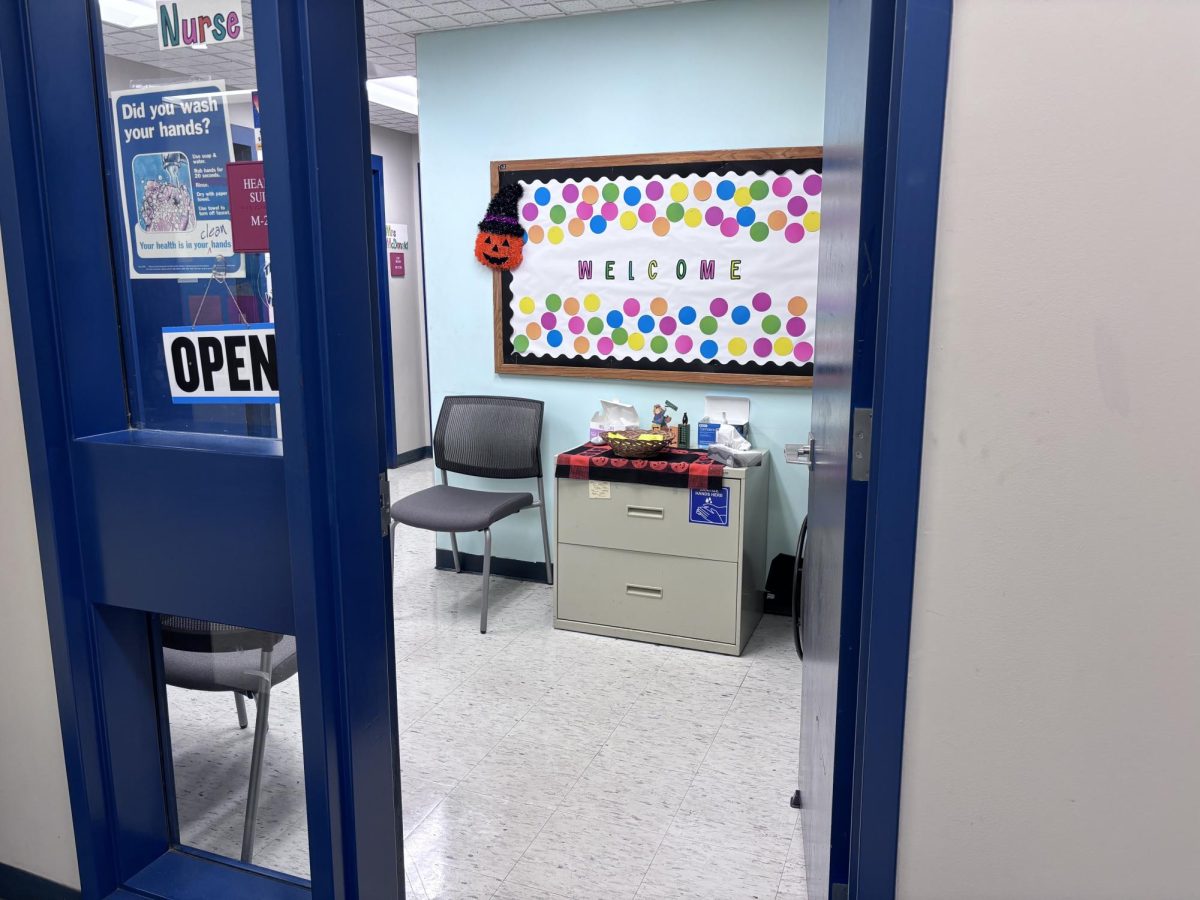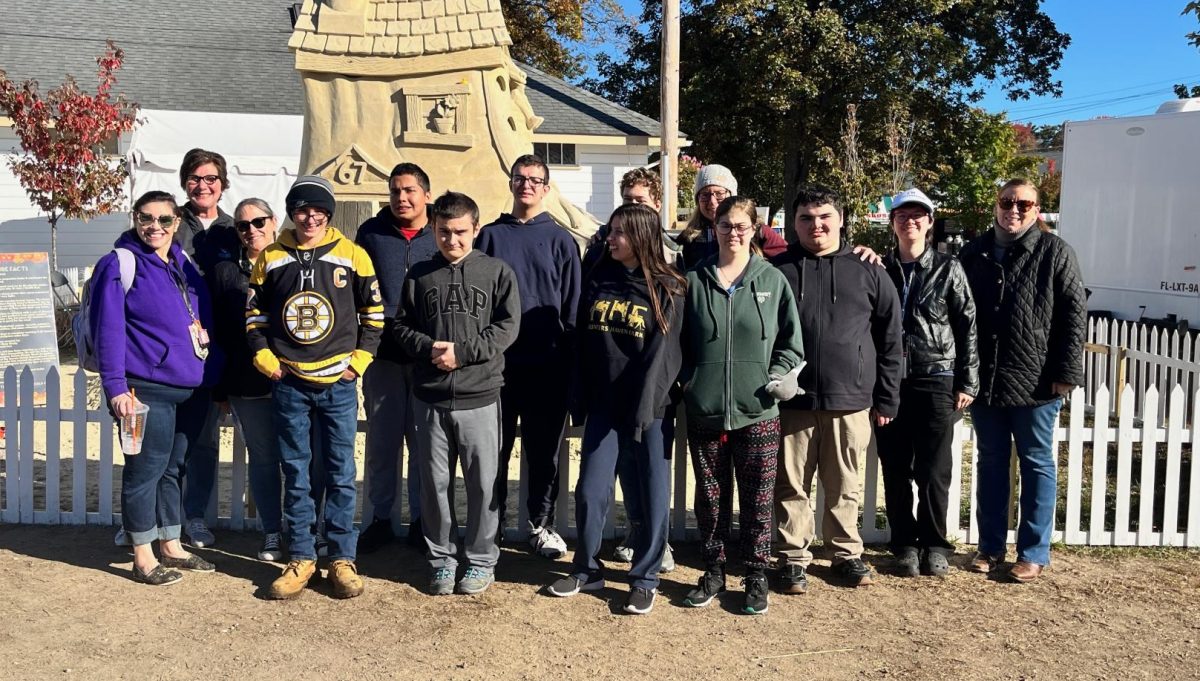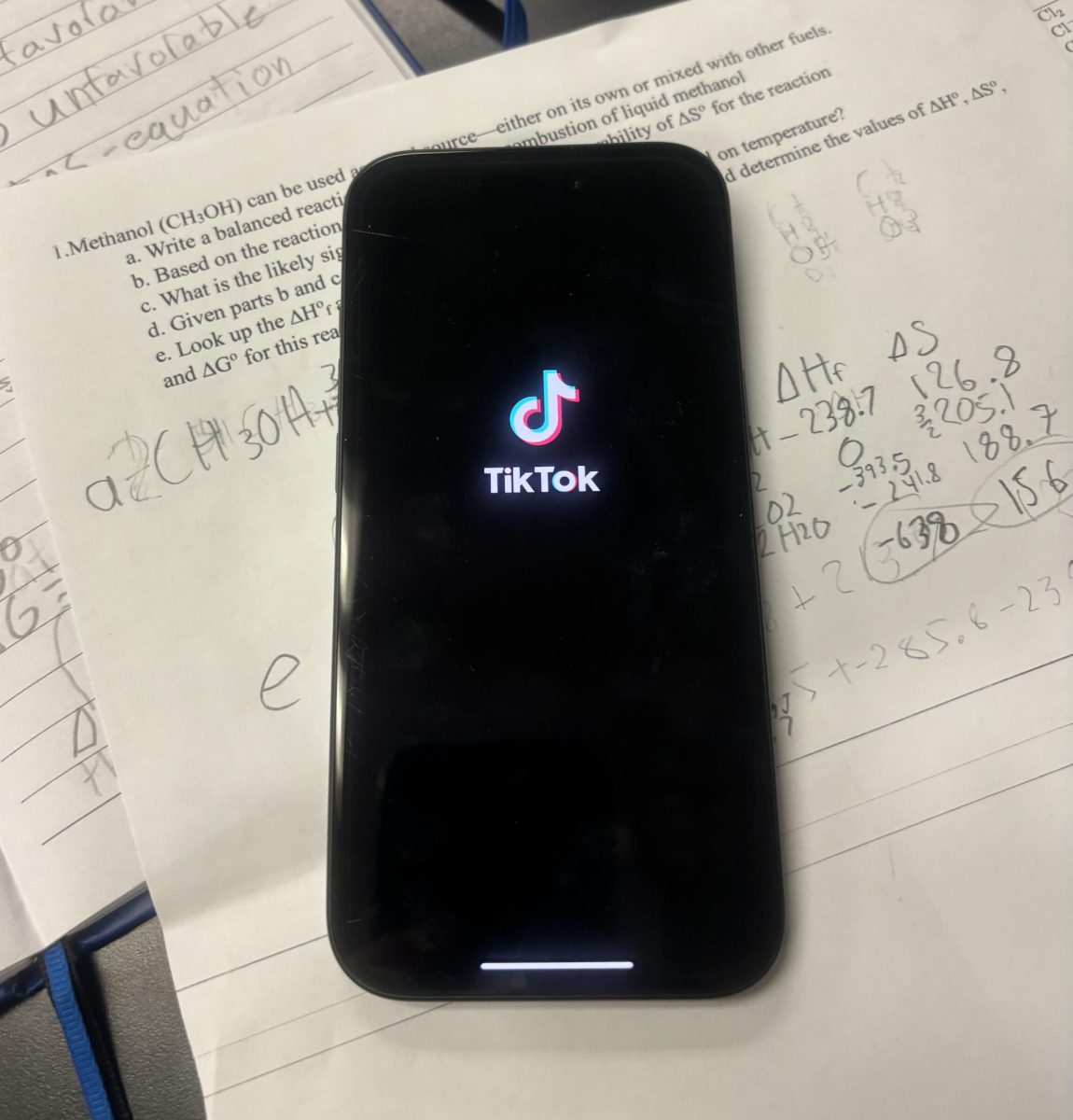In the bustling hallways of Triton High School, where students immerse themselves in the rigors of education, a silent war is unfolding. It’s a conflict that plays out within the school’s very own cafeteria, as some students exploit their peers’ lunch codes to satiate their hunger without spending a dime. This scandal has left administrators grappling for a solution, but it’s more than a simple case of pilfered snacks—it’s a challenge to the very essence of community that Triton High School strives to uphold.
This gripping exposé sheds light on a growing issue within Triton High School—lunch code fraud. As students resort to deceptive practices to access free meals, administrators are faced with a conundrum. Though it may appear to be a minor problem, the consequences ripple throughout the school community, affecting not only the perpetrators but also the entire student body. We delve into the heart of this issue, exploring its impact and the measures being taken to put an end to this cafeteria crisis.
As the school year began, few students were concerned about the safety of their lunch money. However, within a few weeks, hushed conversations started to circulate about the consequences awaiting those caught red-handed in the cafeteria. This seemingly innocuous issue soon snowballed into a significant problem for Triton High School.
Mr. Celia, the principal of Triton High School, expressed his concern over the situation. “We are a community at Triton High School; we’ve got to stand together, and if students are using other people’s lunch codes, it’s against what we’re trying to do here at the school,” he emphasized. When asked about the potential repercussions, he added, “If you are knowingly taking money from other people’s accounts, you are putting a burden on their families to put money in their accounts so they can eat.”
The assistant principal, Mrs. Pacheco, was equally resolute, stating, “It’s not right, it’s theft, it’s deception.”
In response to the mounting crisis, administrators have been proactive. They’ve taken several measures to curb this issue. Surveillance cameras now keep a vigilant eye on the cafeteria, capturing culprits in the act. As a result, disciplinary action has been taken against many students. Football players, in particular, have felt the brunt of the school’s response. Not only have they lost playing privileges, but they have also been assigned mandatory Saturday school.
Officer Lucy, a key figure in the school’s security team, weighed in on the matter, labeling it “essentially larceny” and “the high school version of credit card fraud.” He emphasized the broader implications, saying, “If you don’t deal with the smaller crimes, then you are more likely to have bigger crimes.”
While this issue might seem trivial, it touches upon a deeper concern for Triton High School. It challenges the principles of honesty and community that the school seeks to instill in its students. Although the stolen amounts are relatively small, the consequences are far-reaching, affecting the entire school ecosystem. Despite the challenges, administrators like Mr. Celia remain optimistic, hoping to bring a swift end to this cafeteria conundrum.
In conclusion, Triton High School’s battle against lunch code fraud is a microcosm of the challenges schools face in maintaining a sense of community and integrity. The school’s response serves as a lesson in addressing minor issues to prevent the escalation of more significant problems. Ultimately, it’s a story of resilience and hope for a brighter, more honest future within the Triton High School community.









